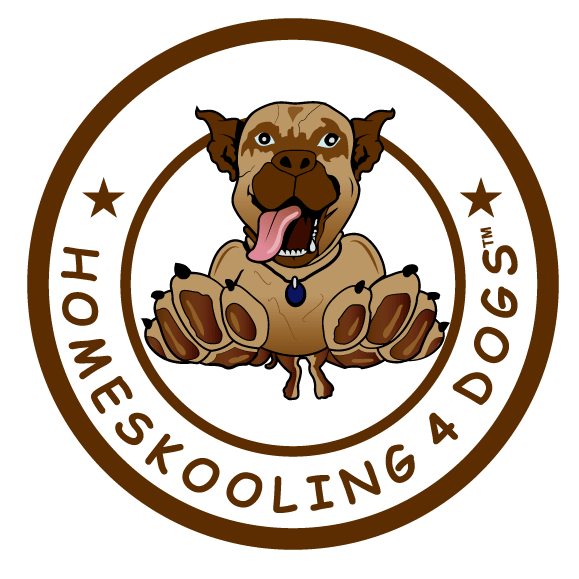Thyroid Problems
Thyroid Disease (Dr. Jean Dodds)
Hypothyroidism is the most common endocrine disorder of canines. At least 80 percent of canine cases result from autoimmune thyroiditis, the heritable autoimmune disease that progressively destroys the thyroid gland. Classical clinical signs of hypothyroidism only appear once >70% of the gland is damaged.
Common symptoms to look for in dogs:
Scratching • Hair loss • Seizures • Chronic bowel issues
Seizures in adulthood • Chewing feet and skin • Skin and ear infections
Behavior: aggression, moodiness, phobias
Canine Thyroid Diagnostic Testing, Interpretation and Dosing
Signs of thyroid issues can include:
Weight change
Hair and skin changes
Fatigue
Anxiety
Gastrointestinal (bowel) problems
Behavioral issues
The majority of dogs diagnosed with hypothyroidism are treated with thyroxine which is a hormone replacement. Thyroxine must be given twice per day—once in the morning and once in the evening, ideally spaced 12 hours apart. “thyroxine should be given apart from meals, as it binds to calcium and soy. Give it at least an hour before, or three hours after, each meal to ensure proper absorption.”
“If you must “coax” your dog to swallow the pill by placing it inside a small piece of food, choose something that will not interfere, such as a small marshmallow, a bit of creamy peanut butter (but be aware that some dogs react adversely to peanuts), or a cooked green bean. Never wrap the pill in cheese or meat.”
“Thyroid replacement therapy manages a dog’s condition; it does not cure it. Once the proper dosing is established, maintenance is as simple as giving your pet his twice-daily pill and periodically checking his blood. But he must always remain on his medication.”
Excessive thyroxine intake can lead to thyrotoxicosis (thyroxine overdose).
Signs include
Pacing
Restlessness
Panting
Excessive thirst
Signs of thyroxine underdosing include:
Itching/scratching
Lethargy
Excessive shedding
Weight gain
Behavioral issues
There are alternatives to the synthetic thyroxine hormone replacement. Natural hormone replacement products are made from bovine or porcine thyroid glands. [1]
How do I Know if My Dog has a Thyroid Disorder? [1]
Weight gain could indicate medical conditions such as hypothyroidism and Cushing’s disease, or that you are overfeeding him.
“The vast majority of veterinarians believe that serum T4 alone is adequate as the first screening for a thyroid problem, and that only if T4 is abnormal should further testing be pursued. This misconception, which is still perpetuated today by academics at veterinary schools and consultants for veterinary reference labs throughout the country, is a huge obstacle to accurately diagnosing canine thyroid disorders. Additionally, current veterinary medical textbooks have stated that if a dog has a T4 level above 2 ug/dl (26 nmol/L), there is no need to perform other thyroid testing because the dog has a normal thyroid. This statement is false and misleading, as the T4 result fails to identify any cases of thyroiditis in which elevated thyroid autoantibodies are present!” [1]
A complete baseline thyroid screening (referred to at the Hemopet lab as the “Thyroid 5” panel) typically includes: • T4 • T3 • free T4 • free T3 • TgAA [1]
Certain foods contain naturally occurring substances called goitrogens that can interfere with the thyroid gland’s production of hormone. “The two main groups of goitrogen-containing foods are cruciferous vegetables and soy products.” “The grain millet is also mildly goitrogenic. Limit feeding of these foods if your dog displays signs of thyroid imbalance.” [8]
AVOID if issues with thyroid
AVOID LIST
Broccoli
Brussels Sprouts
Cabbage
Casaba
Cauliflower
Kale
Kohlrabi
Mustard
Rutabagas
Radishes
Turnips
Non Cruciferous Vegetables (BETTER ALTERNATIVES)
Beet Greens
Dandelion
Endive
Lettuces
Spinach
Sunflower sprouts
Swiss Chard
Wheatgrass
THYROID RESOURCES
FAQs: THYROID DIAGNOSTICS & TREATMENT
Aberrant Behavior and Thyroid Dysfunction
http://www.hemopet.org/hemolife-diagnostics/thyroid-testing/vet-resources-thyroid.html
Dodman NH, Aronson L, Cottam N, Dodds JW. The effect of thyroid replacement in dogs with suboptimal thyroid function on owner-directed aggression: A randomized, double-blind, placebo-controlled clinical trial. Journal of Veterinary Behavior 2013;8:225-230.


